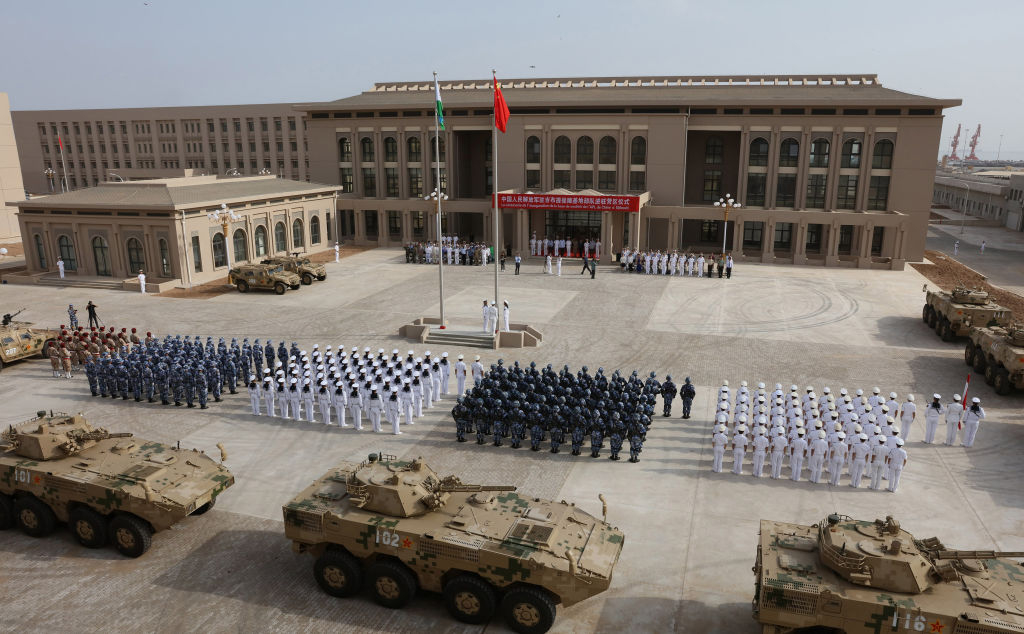by Lawrence A. Franklin • August 28, 2020 at 5:00 am
Chinese Communist Party Chairman Xi Jinping's grand thoroughfares are now global in scope, extending as far as Djibouti, a strategic maritime chokepoint in Africa, just west of the Arabian Peninsula, or Ecuador, home to South America's third-largest oil reserves.
The economic benefits, however, of some of these deals between China and poor "Third World" countries in Africa and Latin America are questionable. A few of these bilateral packages appear contrived to imprison already impoverished states into realms of permanent economic vassalage to China.
The objectives of China's global BRI programs are clearly as much strategic and political as they are economic. BRI projects seem not designed so much to win new friends as to win new dependents, especially in areas either neglected by the West or in the Western sphere of influence.
The ultimate objective of the global dimension of China's BRI enterprise appears to be geared toward replacing the existing political, military and economic dimension of the West's liberal democratic order -- again not surprisingly -- with one dominated solely by the Communist Party of China.

Chinese Communist Party Chairman Xi Jinping's grand thoroughfares are now global in scope, extending as far as Djibouti, a strategic maritime chokepoint in Africa, just west of the Arabian Peninsula, or Ecuador, home to South America's third-largest oil reserves. Pictured: Soldiers of the Chinese People's Liberation Army at the opening ceremony of China's military base in Djibouti, on August 1, 2017. (Photo by STR/AFP via Getty Images)
Chinese Communist Party Chairman Xi Jinping's signature foreign policy proposal has been the "Belt and Road Initiative" (BRI) commercial and strategic program. At first, the network was pitched as a restoration of the ancient overland trade route, the "Silk Road," that linked China to Europe. This "New Silk Road," like its predecessor, would traverse the vast steppes of Central Asia -- but the contemporary BRI is allegedly meant to serve also as an economic boon for all the countries along the route.
|
|
No comments:
Post a Comment